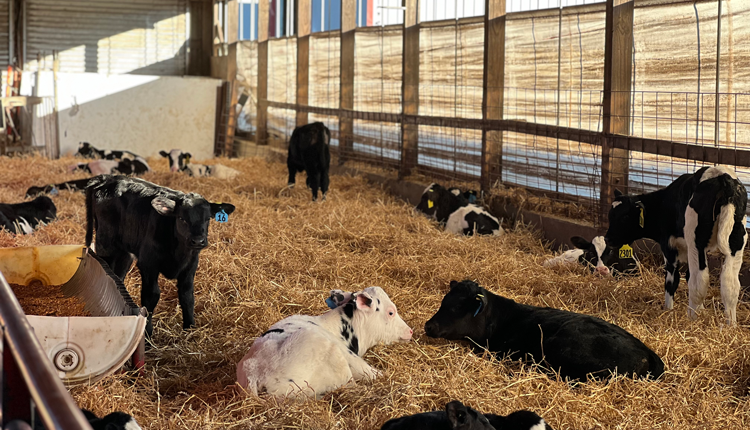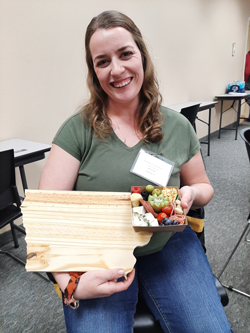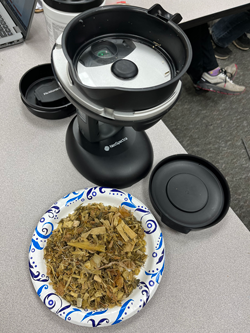
As a learner by nature and someone who used to work in corporate and office settings, the idea of taking time for regular professional development opportunities — be it conferences, trainings, webinars, etc. — is a no-brainer. Now, as a full-time dairy farmer, it remains an important way for me to get inspired, learn new tools and skills, and meet others who are working toward similar goals. While it’s always a struggle to find time to get off the farm, taking a few hours here and there to attend learning programs can pay off in the end.

I think farmers sometimes get a reputation for being introverts who do things their way without help from outside resources. While this is surely the mindset of some, I think there are more and more farmers who take advantage of the many available offerings to learn new skills and hear from other farmers to help further their operation.
I recently attended a four-session series offered locally, titled Boots in the Barn, that was orchestrated by Iowa State Extension and Outreach. This program specifically targeted women dairy producers that focused on a few specific areas: forage and feed management, calf health with a hands-on calf necropsy demonstration, assistance during calving with a training using a calving simulator, and farm transitioning and succession planning. The final session even included a short charcuterie board and cheese pairing demonstration.
Professionals in each of these areas led the trainings that were interactive and allowed us to ask questions and share scenarios we’ve experienced on our own farms. Hearing what other area farmers have encountered gave us ideas to try on our operations and vice versa.

There are many beneficial programs available to farmers from extension, cooperatives, seed companies, and many more farming organizations. You just need to take the time and initiative to sign up and attend when possible. Getting off the farm is always a sacrifice when there’s a never-ending list of things to do, but taking part in programs like these could offer new tools, gained knowledge, and the building of helpful relationships to bring back to your operation and possibly help improve the way you currently do things.

The author dairy farms with her parents and brother near Hawkeye, Iowa. The family milks approximately 300 head of grade Holstein cows at Windsor Valley Dairy LLC — split half and half between a double-eight parallel milking parlor and four robotic milking units. In the spring of 2020, Molly decided to take a leap and fully embrace her love for the industry by returning full time to her family’s dairy.






